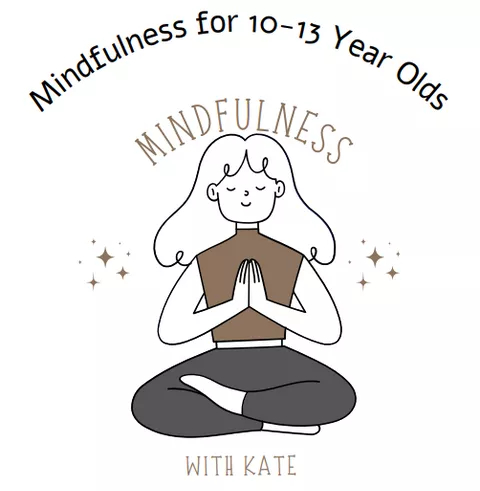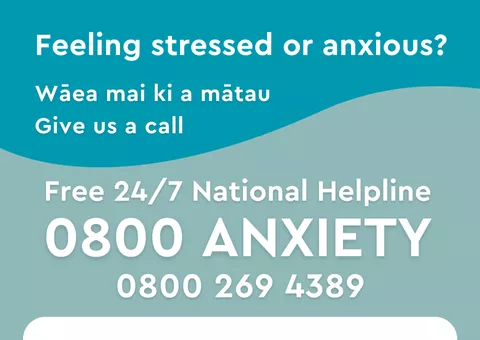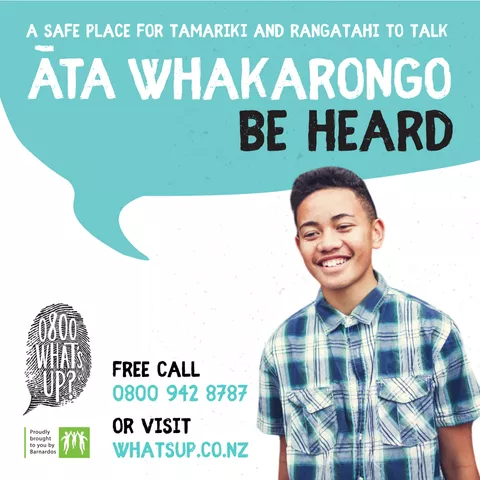Anxiety And how we can help
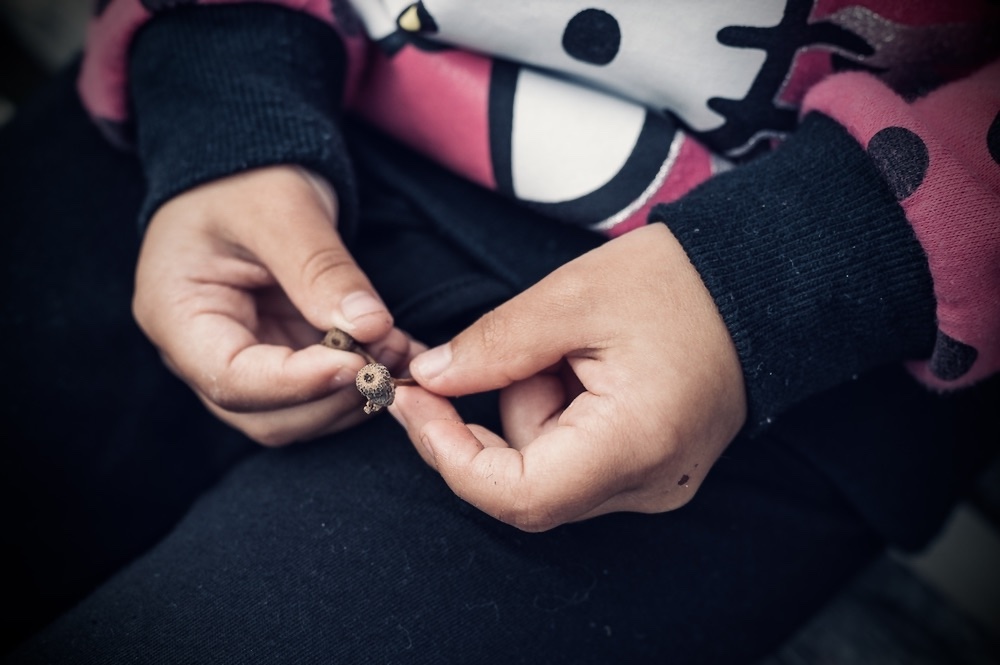
Anxiety may look like...
- Meltdowns and tantrums
Doing nothing
Won't go to schoolStomach pains and headachesWork/task avoidance
Anxiety can bring on a variety of sensations and reactions - things like muscles being sore, experiencing a racing heart, feeling tired, having nausea or butterflies in your tummy, finding it hard to sleep or concentrate. You may also be more easily upset than usual.
What is Anxiety?
Anxiety is a normal human emotion that we feel when we're stressed. It gets us all pumped up and ready to tackle any physical, social, or emotional threats that we sense. They call it the "flight, fight, fawn, flop or freeze" reaction.
Anxiety can be helpful because it keeps us and our loved ones motivated, safe, and healthy. But, sometimes it can take over and overwhelm us. It's hard to tell what's a real threat and what's just in our heads. Luckily, there are plenty of things that can help us out.

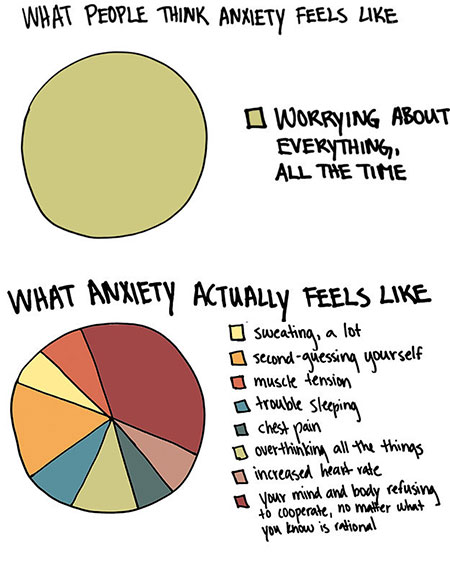
Anxiety and your whānau
Our Suggestions To Help You
Be curious and patient. When you are both calm, encourage kids to tell you about their experiences.
Help your child understand what they can do easily on their own, what they need support with and what feels too overwhelming right now. Encourage them to step out of their comfort zone with support.
Everyone feels anxiety differently, so it can take some time to find out ways to help your child.
- Ask - when and where do these feelings happen? How does it feel in your body?
- Keep up regular routines and sleeping habits
- Listen to kids’ worries but keep it low key
- Gently encourage kids to do things they feel anxious about and praise their efforts
- Encourage kids to do physical activity like swimming, playing on the playground or tramp, or dog walking
- Help them practice ways of caring for themselves and relaxing - eating healthy food, doing breathing exercises, using visualisations
- Help kids challenge anxious thoughts, teach them to check if what they are imagining is really true
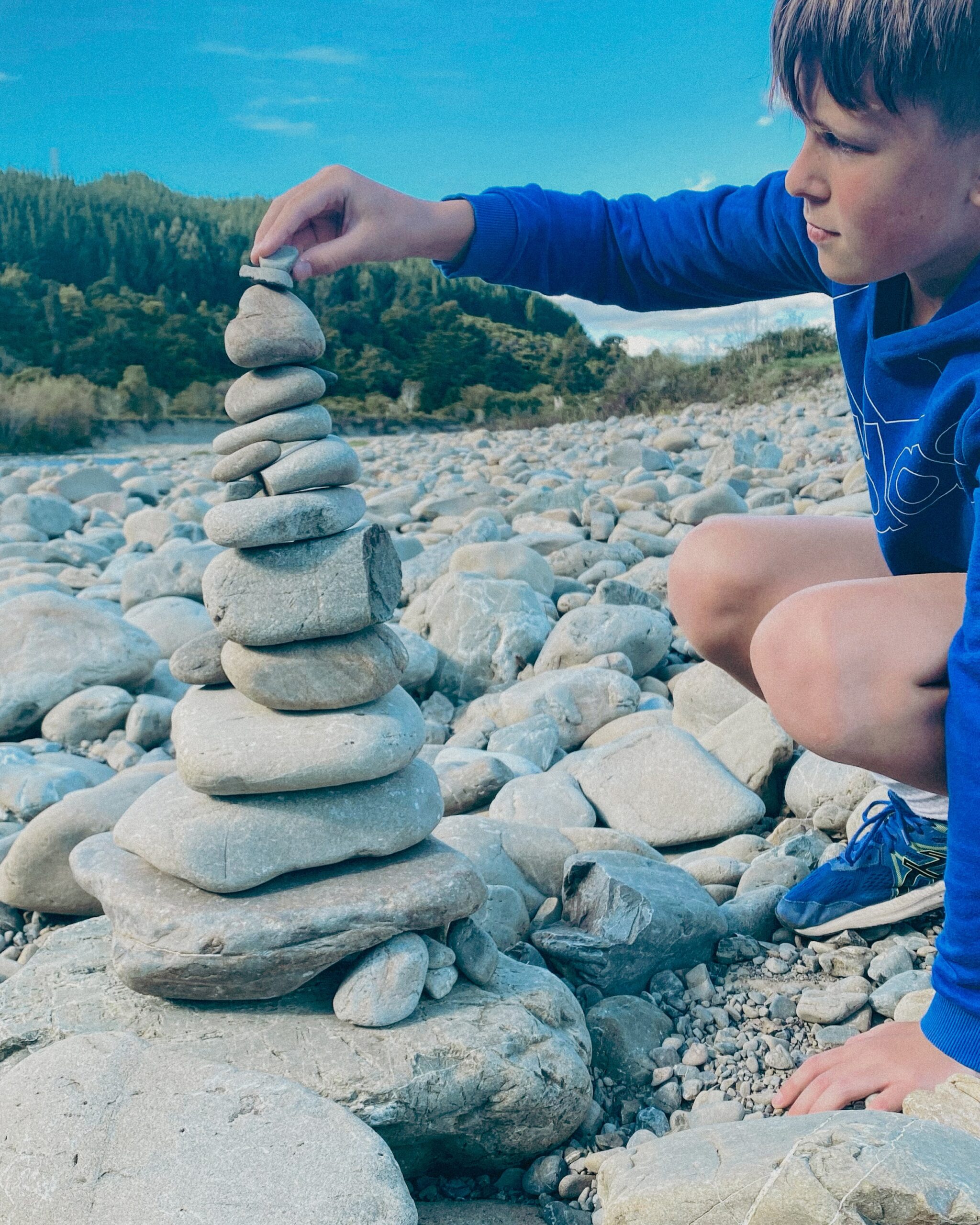
Young people who have a strong foundation of learning, social and emotional strengths have a much higher chance of a positive future for themselves and their community.
How we can support you and your child
We are available to meet with you and your child and to listen to your concerns. Our aim is to provide you with key information, resources and support available and support you to feel empowered to decide on next steps.
further help available
WE KNOW there is so much information available on line so we have spent the time researching and relevant, localised websites and resources for you to explore. We want to keep it simple and not overwhelming.
Is this Anxiety?
What is Anxiety?
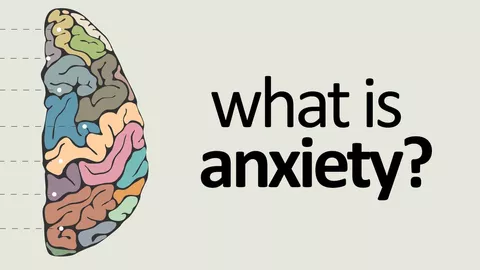
Anxiety is totally normal when we're feeling stressed. It gets us all pumped up and ready to tackle any physical, social, or emotional threats that we sense.
They call it the "flight, fight, or freeze" reaction. You see, anxiety can actually be kinda helpful. It keeps us and our loved ones motivated, safe, and healthy.
But, sometimes anxiety can take over and totally freak us out. It's hard to tell what's legit dangerous and what's just in our heads. Luckily, there are plenty of things that can help us out.

Emerging Minds - Anxiety in Primary School Aged Children
A page to help parents understand and recognise anxiety in primary school-aged children. It offers strategies for managing anxiety in children aged 5–12 years and identifies when you might want to seek professional support.
What can Anxiety look like?
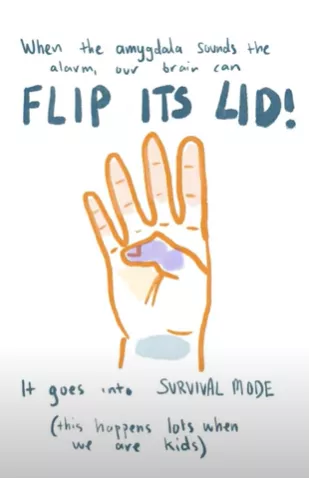
Flip the Lid Model of the Brain
This video is really helpful for explaining what can happen in the brain when we feel anxious and what that can look like.
How can we help our child?
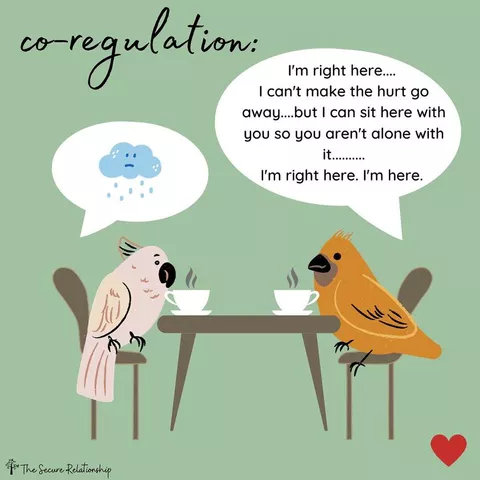
A worked up adult can't calm a worked up child. Try co-regulating. Breathe together and be alongside your young person. Save any analysis or apologies for when everyone is completely calm and regulated again.
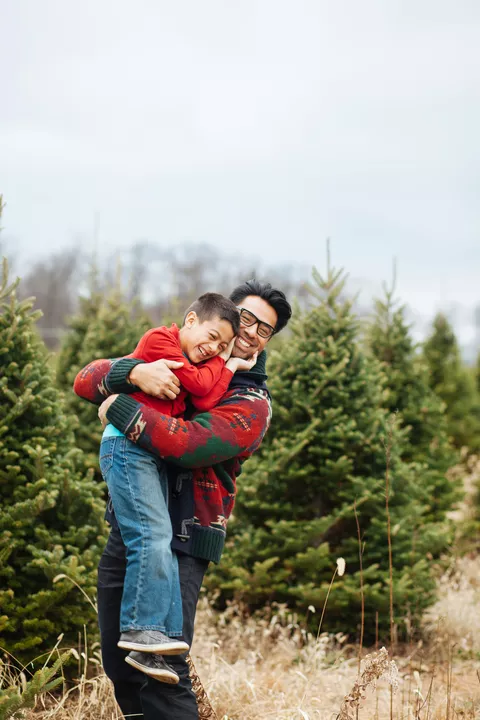
Supporting a Child with Anxiety.
A resource for parents with practical strategies they can use to support their child to manage anxiety, build resilience and live their best life.
Mindfulness Booklet
